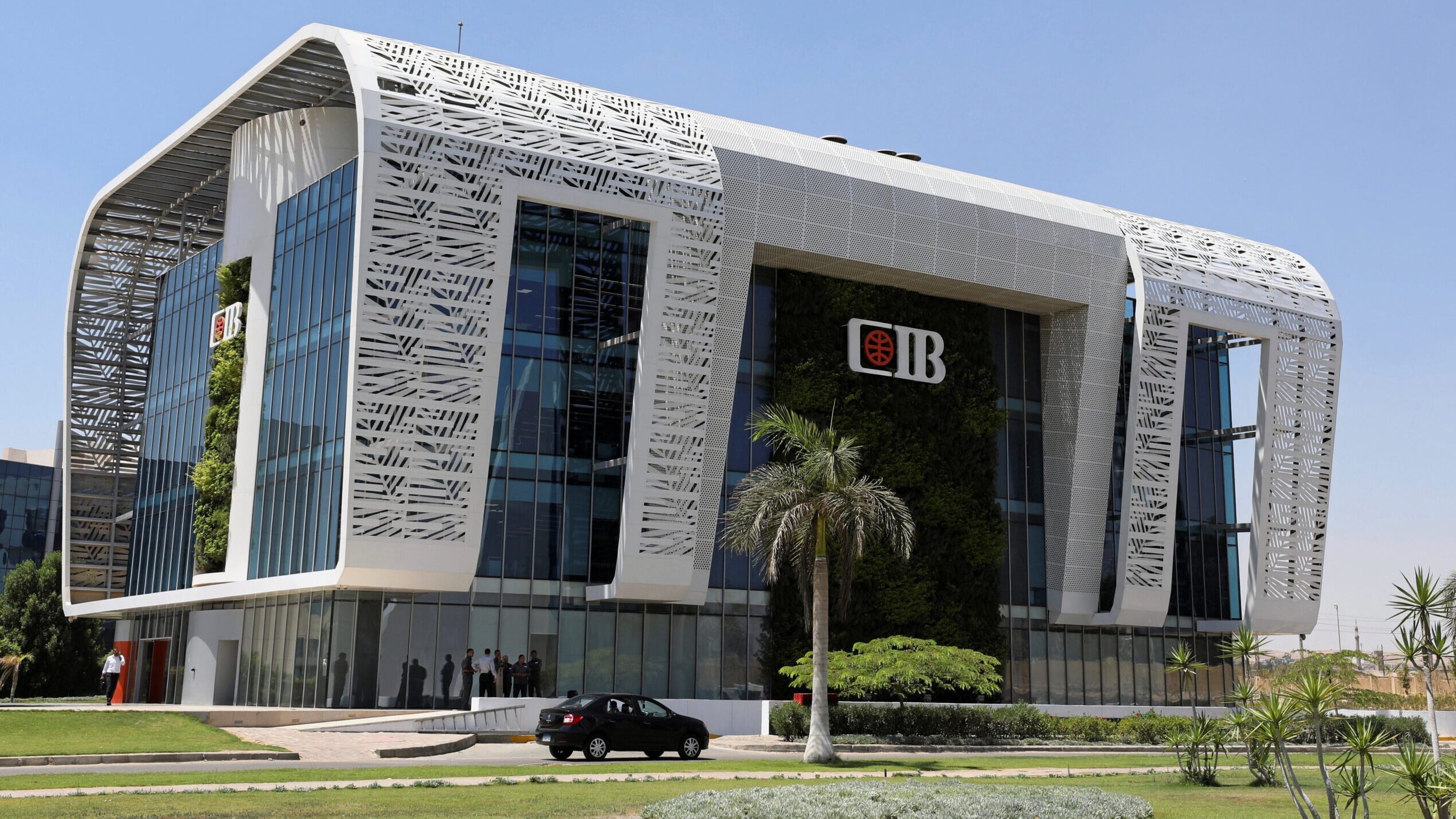Taxi-hailing service operator, Uber, has expressed interest in extending its operations to Rwanda, Rwanda Utilities Regulatory Agency (RURA) has said, demonstrating the company’s ambitions to expand its footprint across East Africa.
Without divulging details, the Head of Transport at RURA, Eng. Emmanuel Asaba, told The New Times on Wednesday that Uber approached the regulatory body this year with an aim to start operations in the country.
The global ride-hailing company is considering expanding into two other East African countries before the end of the year, focusing on low-cost services, according to media reports.
According RURA, Uber is one of the many to taxi-hailing service providers that have approached them with enquiries on details of acquiring an operating licence.
“Well, Uber has approached Rwanda and as you know, this is a regulated service… they came to us and we gave them the [list of] requirements needed to get a licence and they are yet to come and fulfill the requirements and get the licence. Once they come and we check that whatever we require is complete then definitely we’ll give them a licence and they start operating,” Asaba said.
Competition
The regulator hopes that the growing demand for ride-sharing mobile apps, such as Uber, will drive competition and improve the quality of customer service in the cab transportation business.
“We know their essence and know that we need them (ride-sharing apps),” he said, adding that “In taxi cabs we have Yego Cab, which was licenced recently. It has licence for both motorcycles and taxi cabs.”
Another ride-sharing app already operating, he said, is called Taxi Rwa. Others whose licences are in the process, Asaba said, include Jquicker and Panda.
Kamal Budhabhatti, the CEO of Little, another ride-hailing service seeking to launch operations in Rwanda, told The New Times that, “we are in discussions with a local partner to bring Little in Kigali.”
Requirements
Regarding the licensing process, Asaba explained that the first requirement a potential service provider must have is an app that has to be tested by the regulator.
“It has to be tested to ascertain whether once it starts operating it won’t have any functional problems. There is a whole set of things that RURA will look at before issuing a licence,” he explained.
“For instance, there is this app that might not be well calibrated and maybe you get the services for four kilometres and they charge you for 10 kilometers. I don’t think you would be happy with the service. We also need to protect the service to make sure they are paid according to the service they are offering.”
Optimistic passengers
Passengers who have used Uber services before are upbeat about its potential entry into Rwanda, saying that it offers more options and would help improve quality service delivery.
“I have wished for an Uber several times; we have cabs that are too costly yet not enough compared to demand,” said Karen Uwera, a local entrepreneur.
In the East African region, Uber operates in three countries, Kenya, Tanzania and Uganda.
SOURCE: The New Times

Ethiopia has cleared the way for Safaricom to introduce M-Pesa in the market of 110 million people after deciding to include the ...

Egyptian largest private sector bank by assets Commercial International Bank (CIB) is seeking to acquire more banks to strengthen ...

The European Investment Bank and International Solar Alliance have published a study outlining access solutions to overcome key ...

Kenya has been ranked the top country in the world in reducing population with no access to electricity, pointing to the impact ...